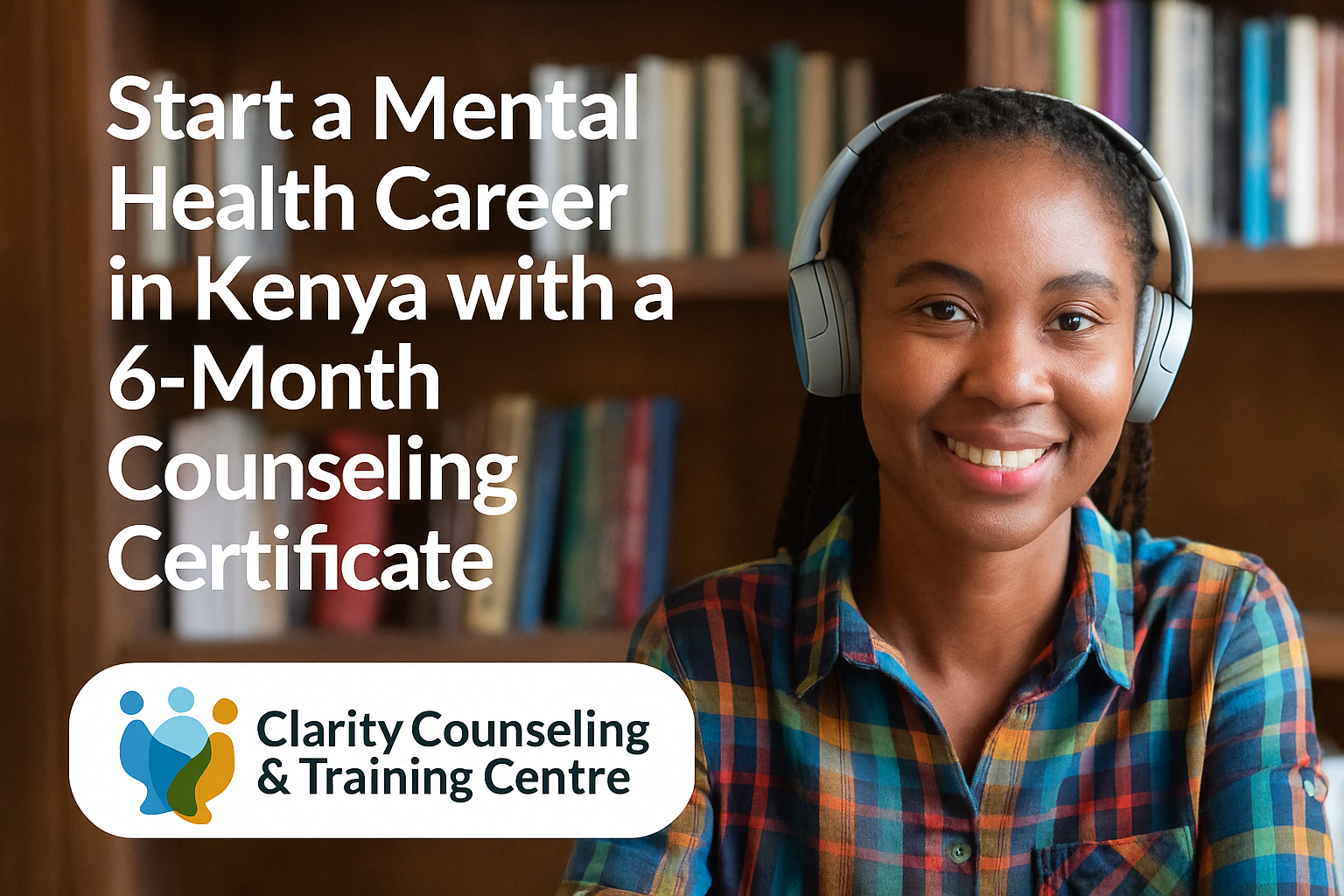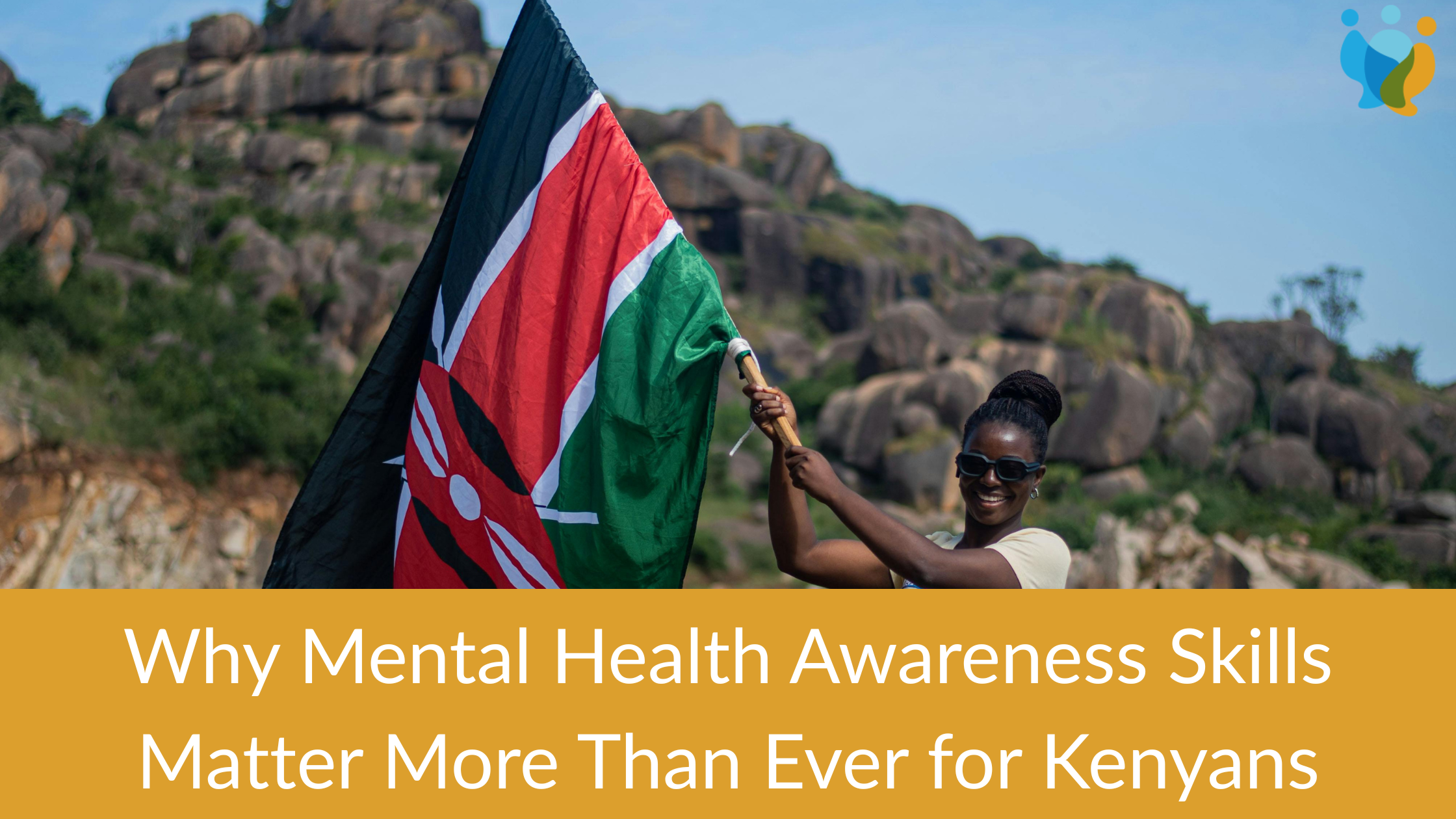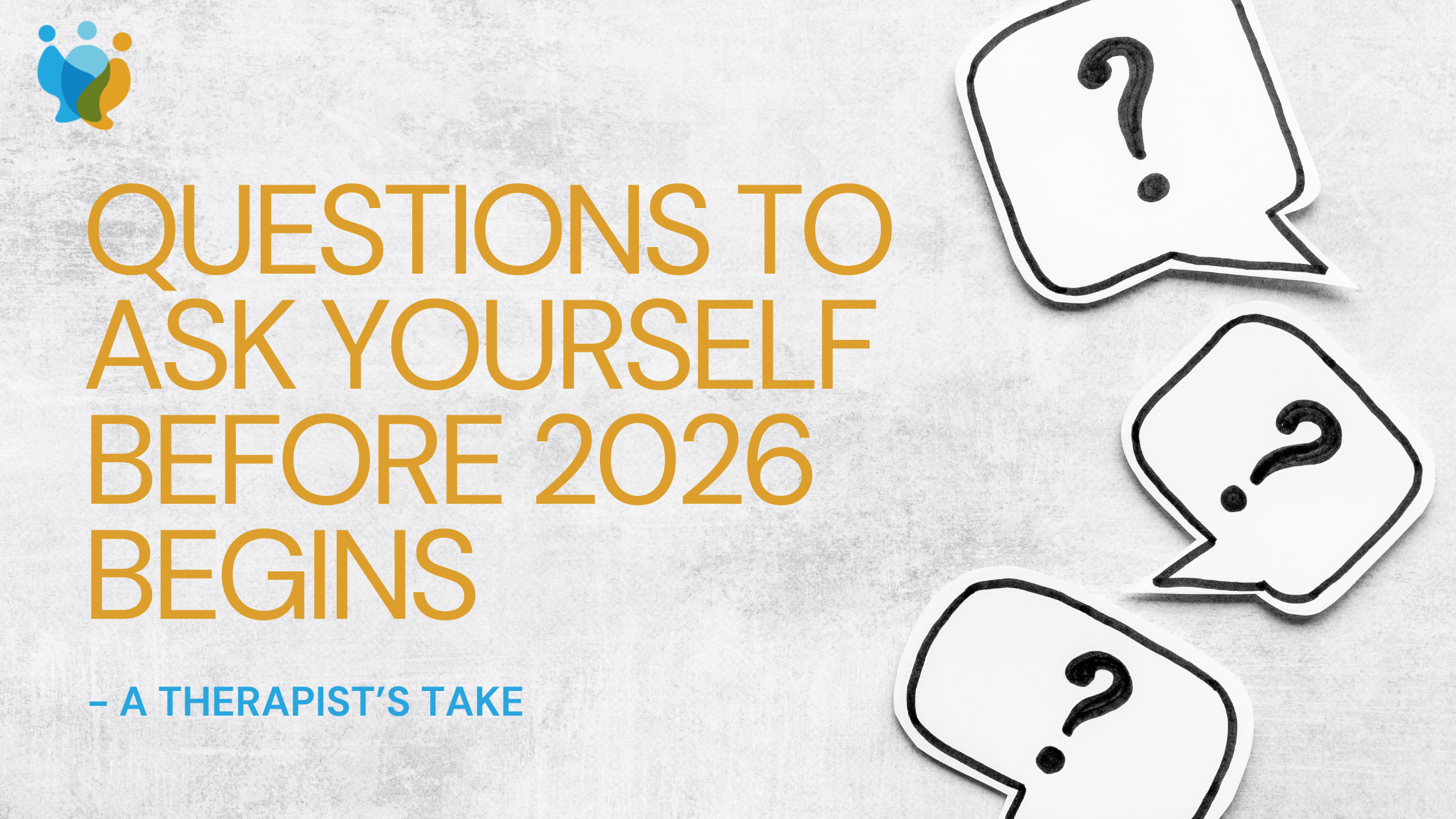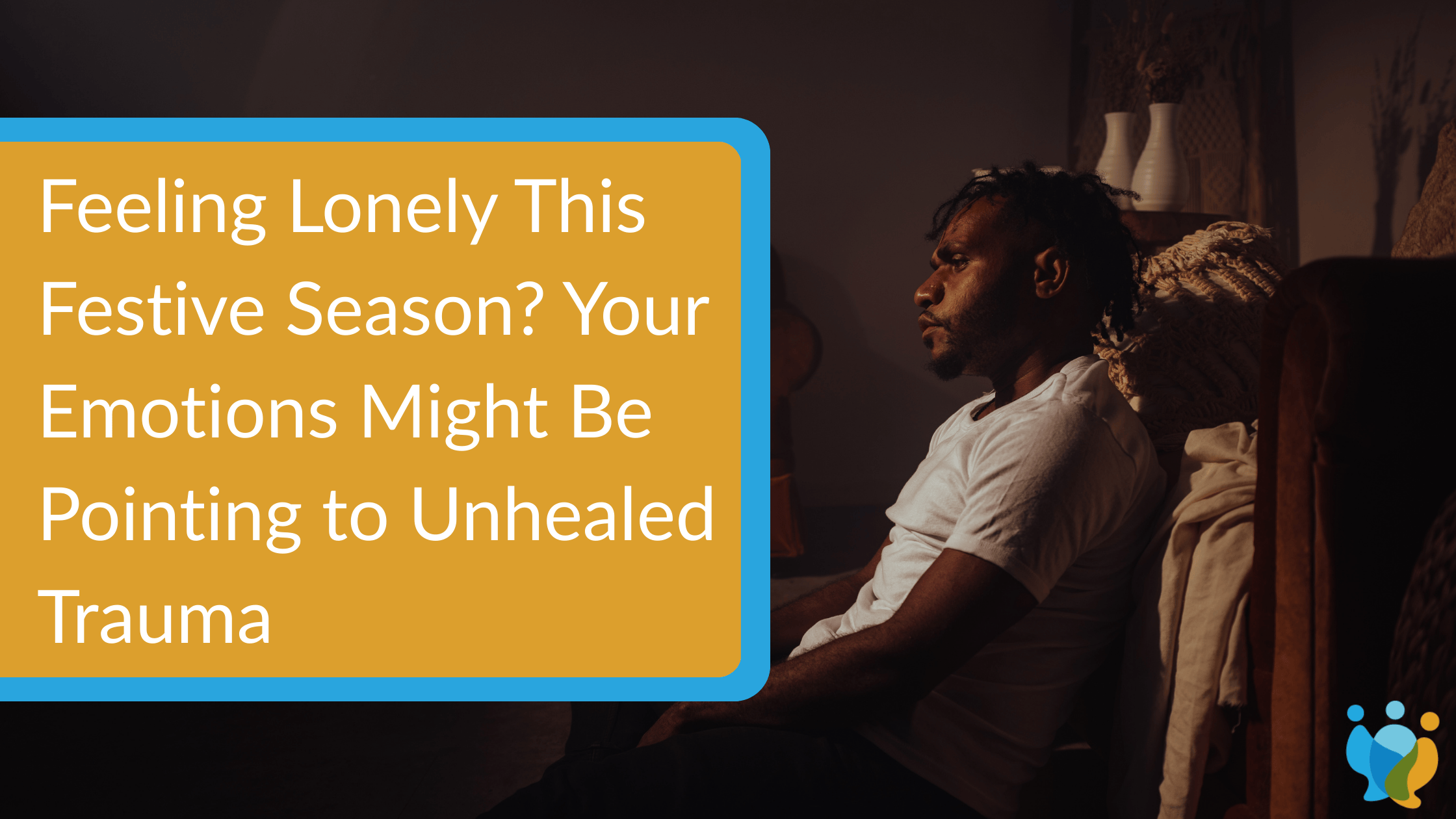What is the Difference Between a Counselling Psychologist, a Clinical Psychologist, and a Psychiatrist in Kenya?
Imagine waking up one morning with a tight knot in your chest. Perhaps it’s stress at work, tension at home, or a lingering sadness that refuses to lift. You know you need help, but a nagging question holds you back:
“Who should I see? A counselling psychologist, a clinical psychologist, or a psychiatrist?”
Many Kenyans ask this question. Even those who have previously sought mental health support often struggle to understand the distinctions. Mental health awareness is growing, but uncertainty, stigma, and access challenges still prevent people from seeking help.
Seeking support isn’t tied to how “bad” your situation is, but rather to finding the right kind of help for your specific needs. Understanding the roles of counselling psychologists, clinical psychologists, and psychiatrists can save months of uncertainty, ensuring you get effective support from the start.
This guide will clarify what each professional does, where to find them in Kenya, and how they can help you regain balance in life. Shall we begin?
Who is a Counselling Psychologist in Kenya?
Imagine a university student paralyzed by exam stress, a young professional navigating career uncertainty, a divorcee still grappling with their new reality, a young person who constantly finds themselves a victim of dysfunctional relationships, or a new mom struggling to find a sense of balance. Counselling psychologists are the professionals who step in at these moments, helping individuals navigate emotional challenges and life transitions.
Counselling psychologists:
- Hold a Diploma, Undergraduate degree, or Master’s degree in counselling psychology (sometimes all of these qualifications).
- Are trained to understand human emotions, thoughts and behaviour, relationship dynamics, and personal growth.
Unlike clinical psychologists or psychiatrists, their focus is not on diagnosing severe mental illness but on guiding people through psycho-social issues that pose a challenge to their mental health.
Their approach is relational and supportive, including:
- Through talk therapy
- Active listening
- Evidence-informed interventions
Counselling psychologists help individuals:
- Process emotions
- Set goals
- Regain a sense of control
- Change behaviour
For instance, someone grieving the loss of a loved one can work with a counselling psychologist to process feelings, gradually rebuild routines, and find meaning after loss.
Similarly, a young professional facing workplace burnout can learn effective coping mechanisms, establish healthy boundaries, and enhance their resilience.
In Kenya, counselling psychologists are found in:
- Schools
- Universities
- Community centers
- Private practices
- NGOs

They are often more accessible in rural areas, where psychiatrists and clinical psychologists are scarce. Their services are generally more affordable and flexible, making them a critical first step for many seeking emotional support.
Counselling psychologists also help individuals:
- Manage feelings of overwhelm during life transitions
- Difficulties processing grief or stress
- Challenges in achieving personal growth
- Difficulties in forming healthy relationships
Their approach is based on various models of behaviour, such as:
- CBT Therapy
- The Psycho-dynamic therapy
- Humanistic Therapy
- Systemic Therapy
If your primary need is to process emotions, heal inner wounds, and work through life’s ups and downs to develop a healthier and whole self, a counselling psychologist is often the best starting point.
Who is a Clinical Psychologist in Kenya
Now think of someone struggling with clinical anxiety, depression, or personality disorders that make it impossible to work, go to school, or have normal relationships. Such a scenario benefits from a clinical psychologist stepping in.
Clinical psychologists:
- Hold a Master’s degree or higher in clinical psychology
- Have specialized training in diagnosing and treating mental health disorders
Their work is evidence-based and structured, focusing on conditions such as:
- PTSD
- Severe anxiety
- Depression
- OCD
- Other complex psychological disorders
Their approach is more clinical than counselling psychologists, employing therapies like Cognitive Behavioral Therapy (CBT) or psychodynamic therapy with a specific focus on Assessment of mental Health disorders and their management.
For example, someone experiencing frequent panic attacks may work with a clinical psychologist to identify triggers, develop coping strategies, and gradually reduce anxiety. A survivor of trauma may rebuild trust, process memories safely, and regain a sense of emotional stability.
Clinical psychologists are commonly found in:
- Hospitals
- Mental health clinics
- Rehabilitation centers
While they provide therapy similar to counselling psychologists, their training equips them to handle more severe or complex mental health conditions (nu.edu).
They address pain points such as:
- Persistent mental health conditions
- Difficulties functioning in daily life
- Recovery from trauma
If your mental health challenges interfere with daily functioning or require structured treatment, a clinical psychologist offers targeted support that can help you regain balance and stability.
Who is a Psychiatrist in Kenya
If counselling psychologists are compasses and clinical psychologists are navigators, psychiatrists are the medical doctors of mental health, combining medical expertise with psychological insight.
Psychiatrists complete full medical training and specialize in psychiatry, equipping them to address both biological and psychological aspects of mental health disorders. They diagnose, prescribe medication, and manage complex psychiatric conditions.
While some psychiatrists provide psychotherapy, their primary focus is pharmacological/medical intervention.
For instance:
- Someone with severe depression unresponsive to therapy alone may benefit from antidepressants prescribed and monitored by a psychiatrist.
- A person with schizophrenia or bipolar disorder typically requires both medication management and ongoing psychiatric oversight.
In Kenya, psychiatrists are found in:
- Hospitals
- Psychiatric units
- Private clinics
Importantly, only psychiatrists can prescribe medication, making them essential for treating severe or medication-dependent conditions.
Psychiatrists address pain points such as:
- Severe mental health conditions requiring medication
- Medical management of psychiatric symptoms
- Complex cases that combine medical and therapeutic interventions
If your symptoms are severe, persistent, or medication-dependent, a psychiatrist is the professional to consult.
Key Differences at a Glance
| Professional | Education Level | Can Prescribe Medication | Focus Area | Common Settings |
| Counselling Psychologist | Diploma, Degree & Master’s in Counseling Psychology | No | Emotional well-being, life transitions | Schools,
Hospitals, NGOs, Private Practice and Community Centers |
| Clinical Psychologist | Master’s or higher | No | Mental health disorders | Hospitals, clinics |
| Psychiatrist | Medical Doctor | Yes | Mental health disorders, pharmacology | Hospitals, private clinics |
Knowing who to see is like having a roadmap: it helps you avoid unnecessary detours and delays on your path to emotional and mental well-being.
Metaphorically, counselling psychologists help you navigate life’s currents, clinical psychologists guide you through stormy waters, and psychiatrists provide the medical tools to stabilize the ship when waves get too high.
Mental Health Landscape in Kenya
Mental health concerns are quietly becoming a national issue in Kenya. Studies show that approximately 75% of Kenyans lack access to mental health services, leaving many to cope alone or with minimal support (health.go.ke).
Depression affects about 22% of the population, with rates differing across counties (bmcpublichealth.biomedcentral.com), while nearly 40% of university students report symptoms of depression or anxiety (pmc.ncbi.nlm.nih.gov).
Beyond the numbers, there is a deep sense of isolation and uncertainty. Many wonder whether their feelings are “normal,” worry about being judged, or fear the cost of care. These challenges highlight why understanding the roles of different mental health professionals is critical.
Choosing the Right Mental Health Professional
Choosing the right professional depends on your specific symptoms, their severity, and your individual needs. Mild stress, life transitions, trauma, identity issues, or the need for emotional support often call for a counselling psychologist.
Severe or persistent mental health conditions are best addressed by a clinical psychologist.
Conditions that may require medication or complex psychiatric care need a psychiatrist.
Accessibility is also an important consideration. Counselling psychologists are often more available in rural areas and tend to be more affordable. Clinical psychologists are typically found in hospitals or specialized clinics, whereas psychiatrists are concentrated in major cities, such as Nairobi and Mombasa.
Starting with a counselling psychologist does not lock you into a single path. They can assess your needs and refer you to a clinical psychologist or psychiatrist when specialized care is necessary. This approach ensures that you receive compassionate, tailored support every step of the way.
For Trusted Mental Health Support in Kenya, Speak to Clarity Counseling & Training Centre
Navigating mental health care in Kenya can feel like traversing a maze. Understanding the roles of counselling psychologists, clinical psychologists, and psychiatrists provides a clear roadmap for effective collaboration. Each professional addresses different pain points, from everyday stress and life challenges to severe mental illness requiring medication.
Seeking help is not a sign of weakness; it is a step toward reclaiming your emotional and mental well-being. By understanding these differences, you can make informed choices and start your journey toward a more balanced, supported life.
For trusted mental health support in Kenya, consider starting with a counselling psychologist and progressing to specialized care as needed. Visit Clarity Counseling to take the first step toward a healthier, more supported you.
Frequently Asked Questions (FAQ)
1. What is the main difference between a counselling psychologist and a clinical psychologist in Kenya?
Counselling psychologists focus on emotional well-being, behaviour change, inner healing, and life transitions, while clinical psychologists diagnose and treat mental health disorders like depression, anxiety, and PTSD. In Kenya, counselling psychologists are often more accessible in schools, universities, and community centers, whereas clinical psychologists typically practice in hospitals or specialized clinics.
2. When should I see a psychiatrist instead of a psychologist?
You should see a psychiatrist if your symptoms are severe, persistent(severe symptoms lasting more than 1- 3months), or likely require medication. Psychiatrists are medical doctors who can prescribe medication and manage complex mental health conditions, such as bipolar disorder, schizophrenia, or severe depression. In Kenya, only psychiatrists are authorized to legally prescribe psychiatric medications.
3. How do I know which mental health professional is right for me?
Choosing depends on the severity of your symptoms, need for therapy, and potential need for medication. Issues of stress, trauma, addiction, identity issues, or life transitions may be suited for a counselling psychologist. Persistent mental health conditions affecting daily life often require a clinical psychologist. If medication might be necessary, a psychiatrist is the appropriate professional.
4. Are counselling psychologists available in rural areas of Kenya?
Yes. Counselling psychologists are often more accessible in rural counties compared to psychiatrists or clinical psychologists. They provide affordable, flexible support for emotional challenges and life transitions, making them a valuable first step for many Kenyans.
5. Can a counselling psychologist prescribe medication?
No. Only psychiatrists are authorized to prescribe medication in Kenya. Counselling and clinical psychologists provide therapy and psychological support but do not prescribe medication.
6. How much do mental health services cost in Kenya?
Costs vary depending on the professional and location. Counselling psychologists often charge lower fees and may work in community centers, NGOs, or educational institutions. Clinical psychologists and psychiatrists, particularly in private clinics or hospitals, may have higher fees. Some institutions and NGOs provide subsidized mental health services for those in need.
7. Where can I find trusted mental health professionals in Kenya?
Trusted professionals are available in hospitals, private clinics, universities, and community mental health centers.
For comprehensive support and guidance, you can start with Clarity Counseling Kenya, which provides counselling psychologists, clinical psychologists, and referrals to psychiatrists if needed.









